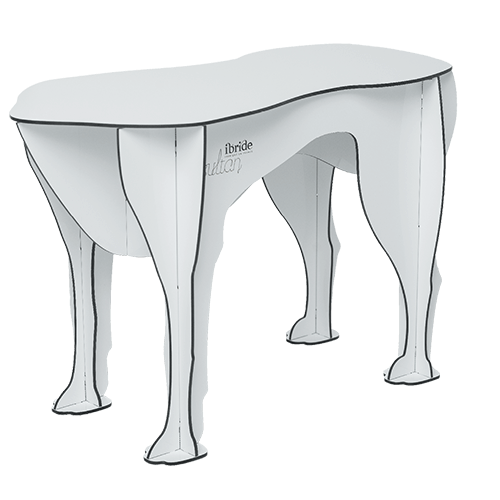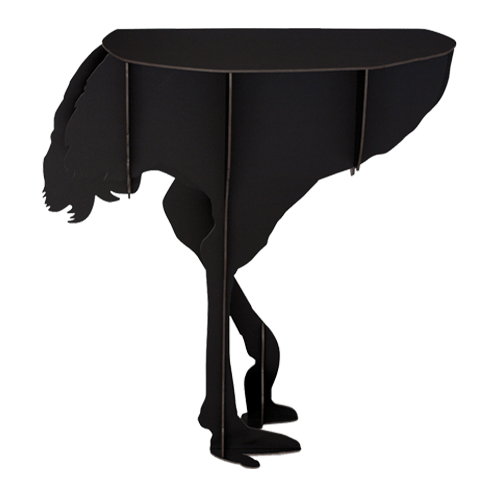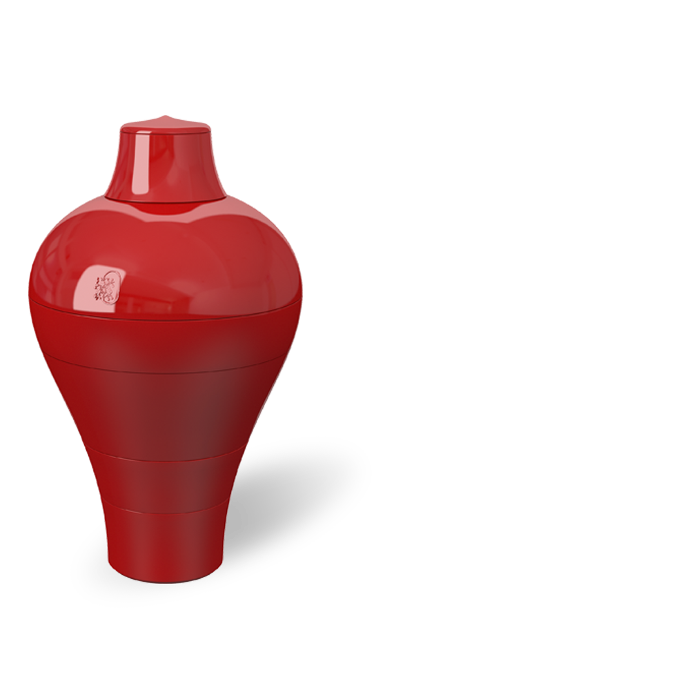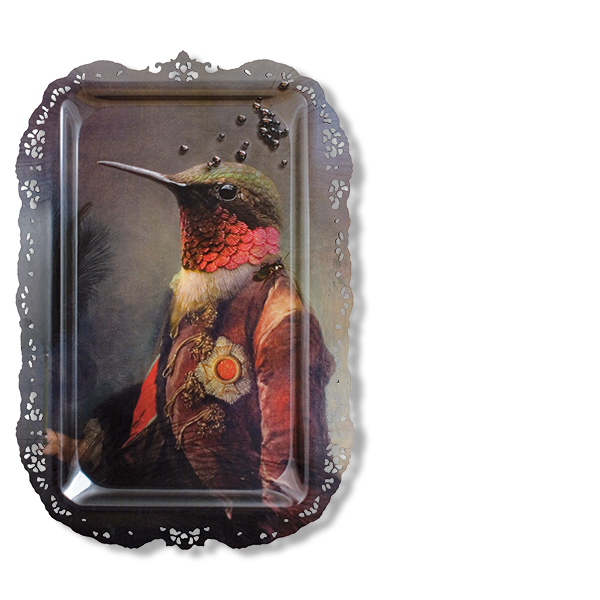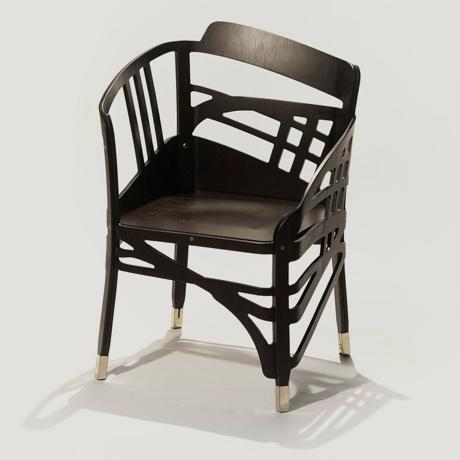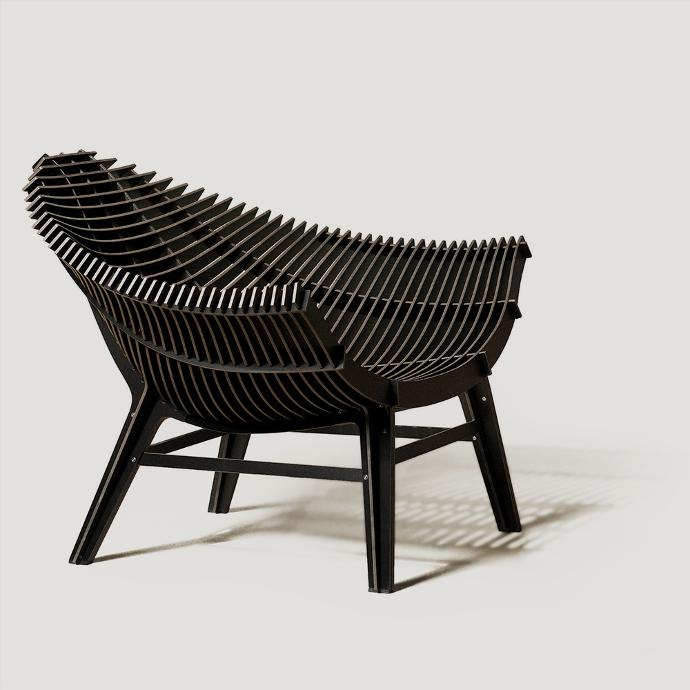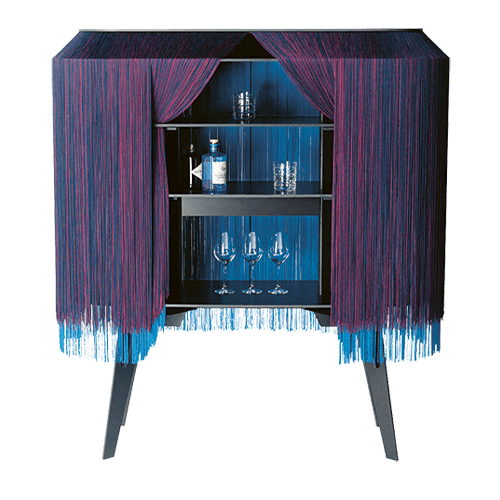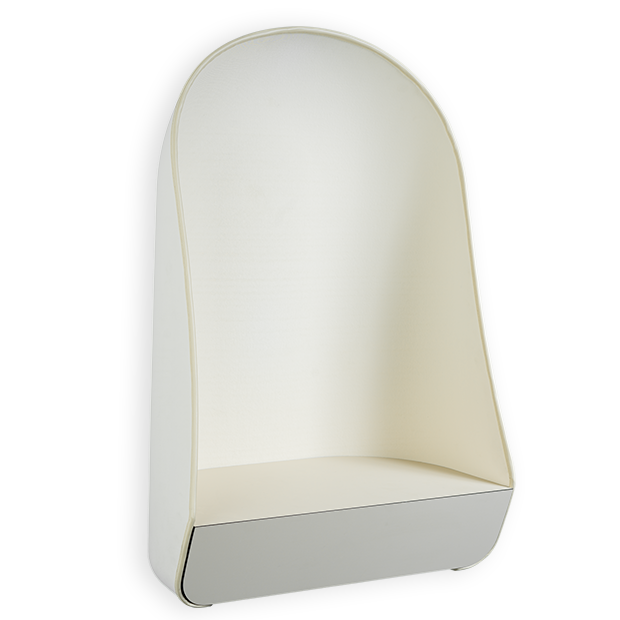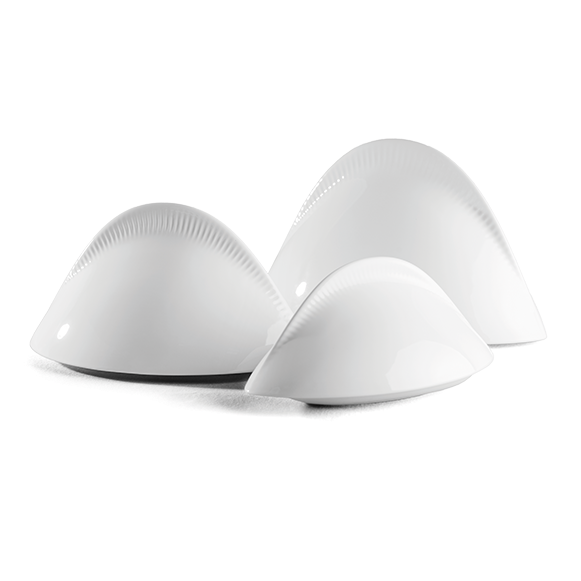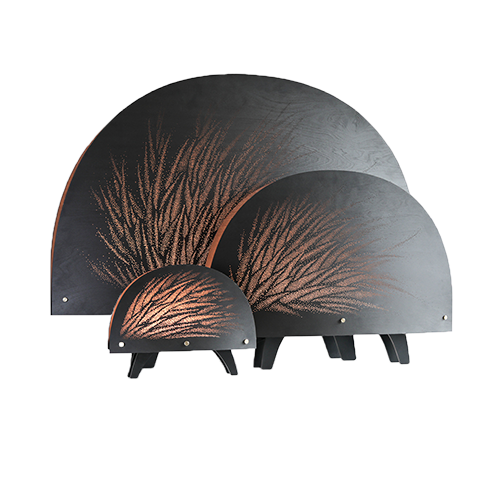L'HISTOIRE D'IBRIDE
Des objets de design fabriqués avec soin.
Depuis bientôt 30 ans chez Ibride, nous partageons une curiosité passionnée pour éditer des familles d’objets et de meubles porteurs d’émotions. Notre approche créative est guidée par l’authenticité, la poésie et ce lien profond avec la nature.
Incarnation des sensibilités des artistes et designers que nous choisissons d’éditer, nos collections sont intemporelles. Elles puisent leur caractère unique dans des notions universelles, telles que les arts classiques, la nature et le monde animal. Elles dotent les espaces dans lesquels elles évoluent d’une présence vibrante et audacieuse et tissent des liens avec leur entourage.
2020
Création des cloches Chaperon, alcôve
murale inspirée de la niche votive,
en collaboration avec le studio
Chape&Mache.
2025
Création de la collection Roma, inspirée par le Colisée, design Frederik Delbart.
Nous travaillons en harmonie avec notre environnement naturel, situé en bordure de forêt, et nous cherchons constamment à innover pour minimiser notre empreinte écologique tout en offrant des produits uniques, issus d’une production maîtrisée et d’une qualité de finition exceptionnelle.
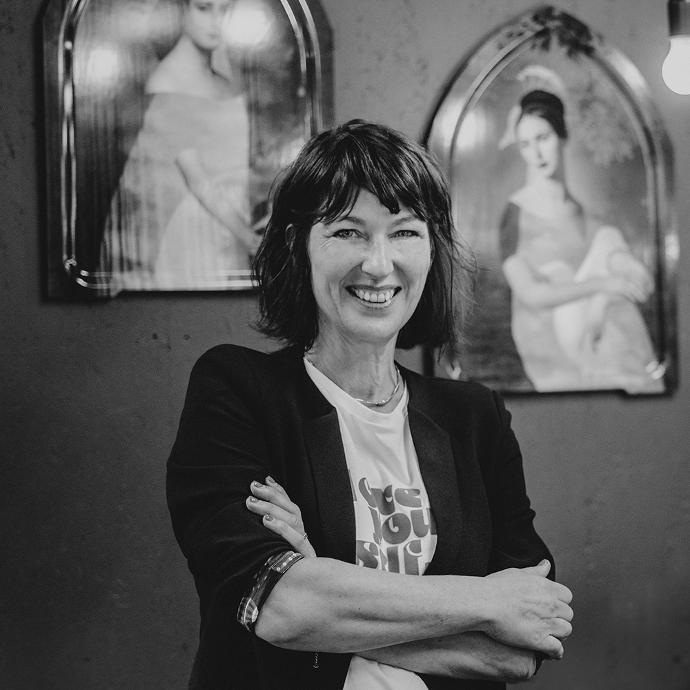
© twoforyougram
Carine Jannin
_______________________
À contre-courant d’une certaine idée de l’entreprise, Carine Jannin a porté des choix qui ont emmené la marque sur une voie éclairée: celle de l’humain. Si le terme peut paraître galvaudé, il recèle pourtant l’essence même de la marque. Elle n’est pas une cheffe d’entreprise conventionnelle: avant même qu’il ne soit de bon ton d’instaurer un management horizontal, elle a favorisé l’intelligence collective et préféré responsabiliser. Derrière elle s’organise la meute, d’un seul et même mouvement. Observer Carine Jannin, c’est constater un intérêt non feint porté à l’autre, un engagement sans réserve pour la maison d’édition. C’est savoir, avant même qu’un seul mot n’ait été prononcé, que la sincérité n’est pas un vilain défaut. C’est aussi se dire, que décidément, l’audace, l’authenticité et la singularité sont toujours plus payantes que l’opportunisme ou la tendance. C’est avoir confiance. C’est rare.
❝ Ce que l'on propose c'est du rêve, c'est laisser l'imaginaire se développer chez soi.
L'ATELIER
Découvrez les coulisses de notre atelier.


